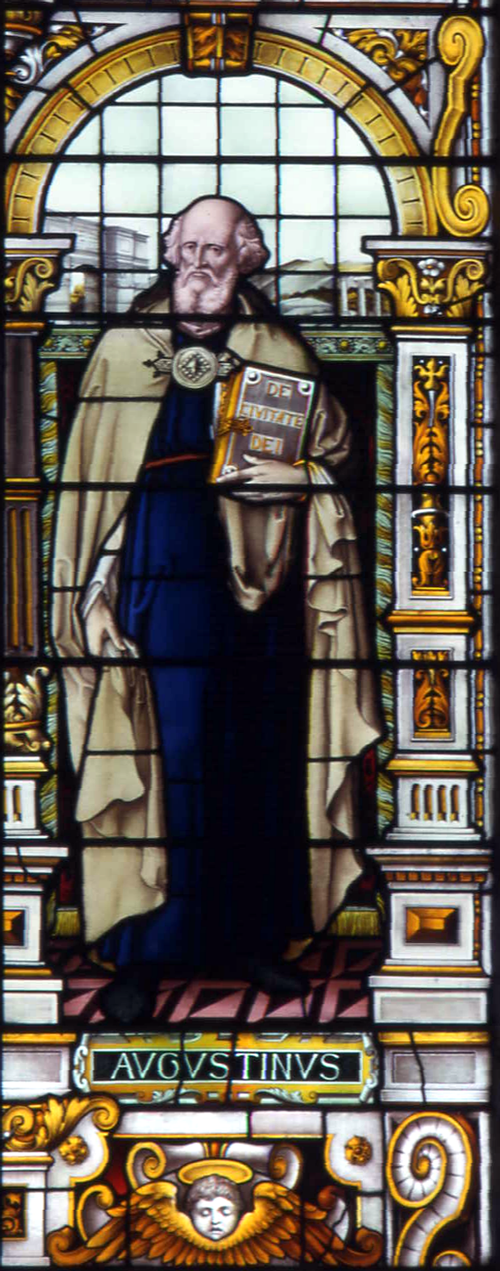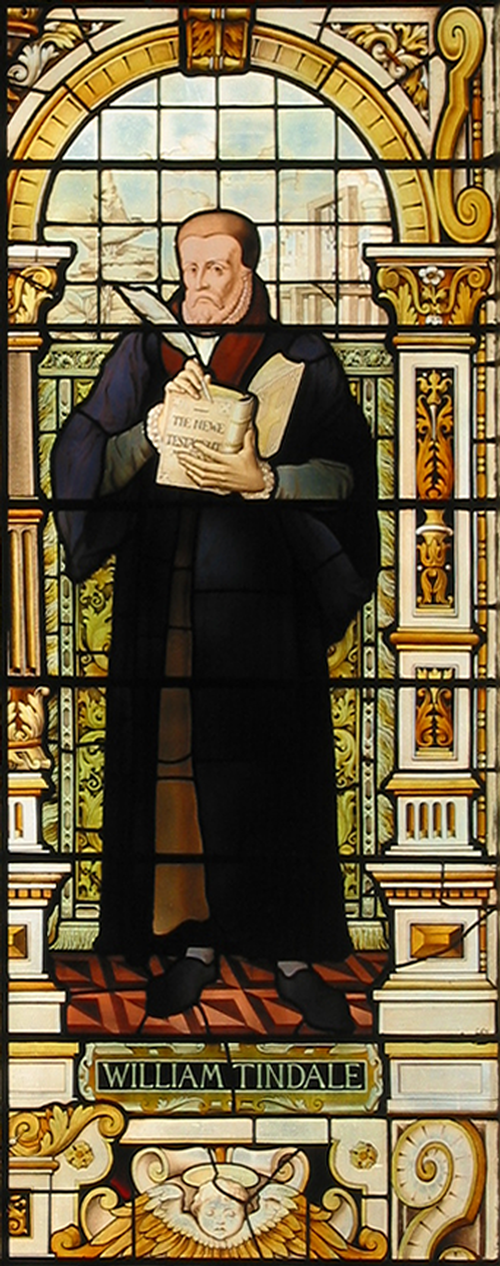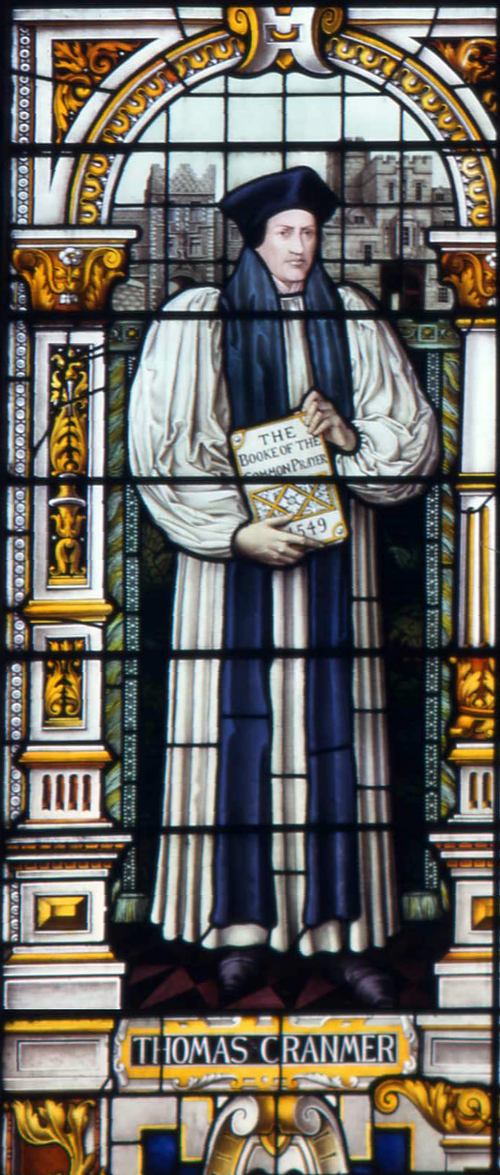Ignatius the Kiwi
Dissident
- Mar 2, 2013
- 7,061
- 3,767
- Country
- New Zealand
- Faith
- Eastern Orthodox
- Marital Status
- Single
Perhaps so, but the end result was an autocephalous church which had equal or greater distance from the monarchy as the Russian Orthodox Church in the Czarist era. And subsequent Anglican provinces like the Church of Wales and the Episcopal Church are akin to those Orthodox churches which have benefitted from both autocephaly and full independence from government intervention, for example, the modern day Romanian, Bulgarian and Georgian churches, which are the leading moral authorities in their respective countries, without being subject to the caprices of any civil authorities.
By the way, when I was a teenager, before I had the any personal experience of it, I made the spectacular mistake of writing off Anglicanism as something superficial, created to cater to the whims of Henry VIII, on closer inspection brought about by the process of maturity, I came to the realization that I had been fairly spectacularly wrong. Since that time I have made a conscious effort to not be dismissive of any of the historic traditions of Christianity.
Well I'm still of that latter opinion, for the most part. It was a Church essentially created out of Parliament and the King's will by usurping the spiritual authority long recognized in England as belonging to the Bishop of Canterbury who couldn't be confirmed without the Pope's approval.
If it's right to say Henry usurped that authority (and it seemingly died in the Monarch with the death of his son), then one could say that it was a mistake for the English to willingly submit themselves to the Pope to begin with. This was the assumed truth about religion in Britain for centuries. Yet the Anglican Church claims continuation from both the Church pre-Augustine and after Augustine? Yet the argument is that they are returning to a more pure form of Christianity by jettisoning the Pope?
I suppose the question is, whether or not it is a rightful usurpation of Spiritual authority. Judging by some of the comments on this thread, many Anglicans feel adamant that the Queen is not the Supreme head of the English Church, only that she is Governer of it. It would appear that what Henry did was then wrong. Thus isn't the entire foundation of the modern Anglican Church called into question?
If I'm wrong on the exact phrasing and terms, I would like to be corrected. I'm not an expert on Anglicanism. I'm only questioning it based on the history of Christianity in England that I know about.
Upvote
0



